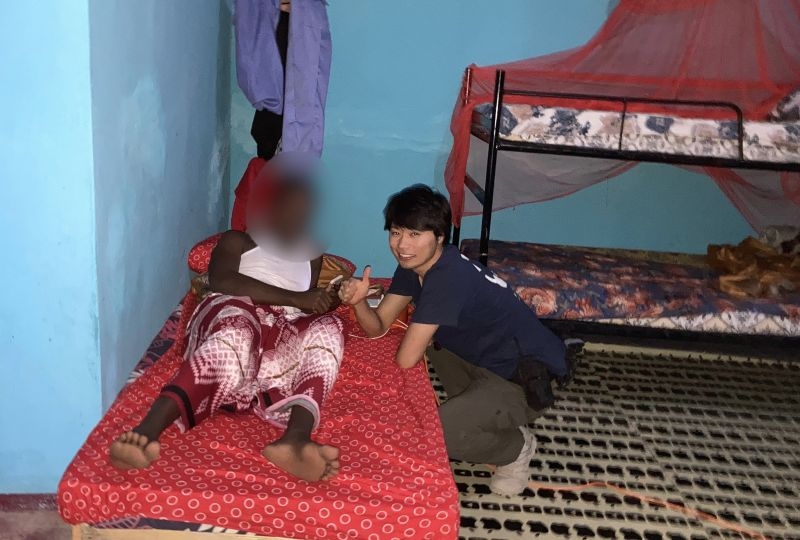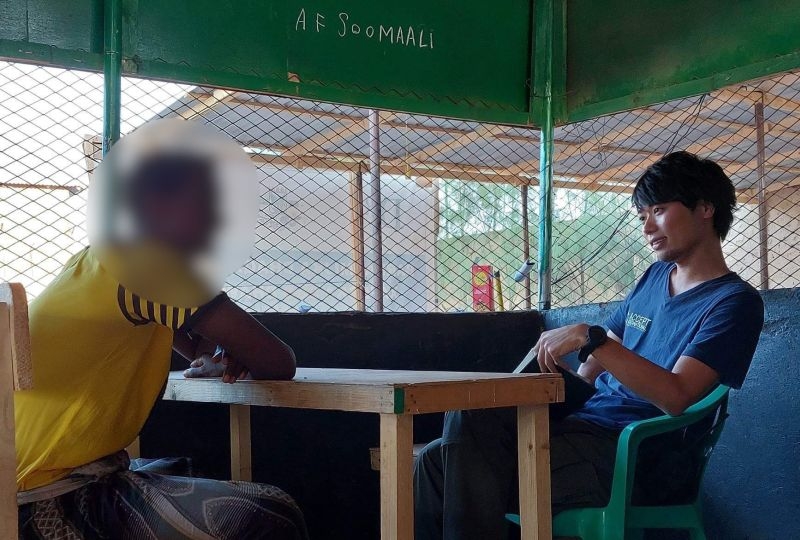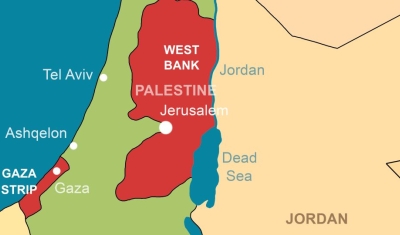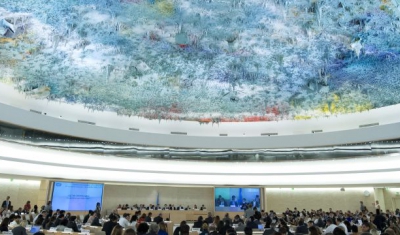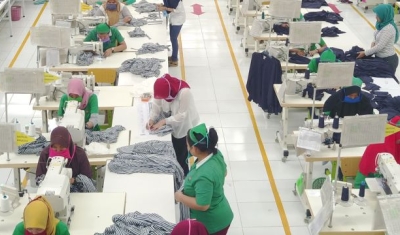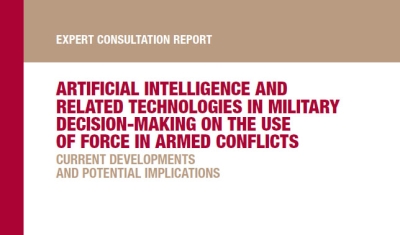Throughout my work in de-radicalization and reintegration of defectors and prisoners formerly involved with violent extremist groups, such as Al-Shabaab, Houthis, and Jamaah Ansharut Daulah on the ground, I have identified a critical need for a legal framework or international norms to govern their defection.
If they are children, there are ample opportunities for them to receive care as victims due to the presence of robust international norms. Most of these individuals, however, are ‘youth’ between the ages of 18 and 29, even if they are currently combatants of non-state armed actors. While ‘youth’ in other parts of the world are typically expected and supported to become future leaders, those associated with such armed groups have been largely overlooked in both policy and practice, despite the fact that many of them were forced to join these groups in the past.
To initiate a serious examination of the necessary norms that must be established for these marginalized youths, I believe that the Geneva Academy is the best venue, owing to its highly advanced expertise in international humanitarian law (IHL) and human rights.


